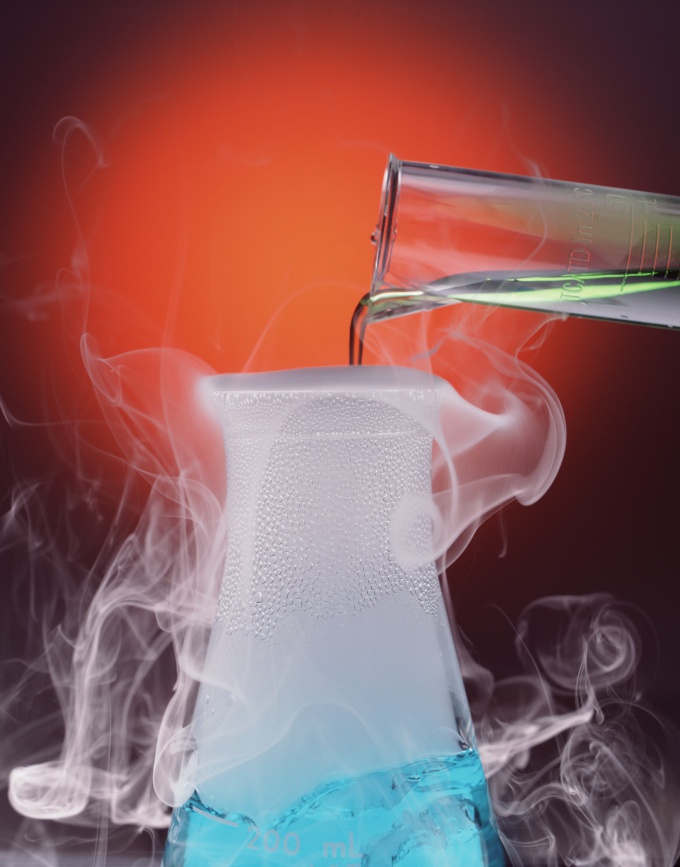Instruction
1
All electrolytes are equal in strength, that is, are good conductors of electricity? No, because many substances in solutions or melts dissociate only to a small extent. Therefore, electrolytes are classified into strong, medium and weak forces.
2
What substances are strong electrolytes? Such substances in solutions or melts which are subjected to dissociation almost 100% of molecules regardless of the concentration of the solution. In the list of strong electrolytes includes the absolute most soluble alkalis, salts and some acids such as hydrochloric, bromide, iodide, nitrogen, etc.
3
What a difference electrolytes the average force? The fact that they dissociate to a much lesser extent (in the ions decay from 3% to 30% of the molecules). Classical representatives of such electrolyte – sulfuric and phosphoric acid.
4
And the behavior in solutions or melts of weak electrolytes? First, they dissociate to a very small extent (not more than 3% of the total number of molecules), and secondly, their dissociation is the worse and slower, the higher the concentration of the solution. Such electrolytes include, for example, ammonia (ammonium hydroxide), most organic and inorganic acids (including hydrofluoric – HF) and of course we are all familiar is water. Since only a very small fraction of its molecules splits into hydrogen ions and hydroxyl ions.
5
Remember that the degree of dissociation and, accordingly, the strength of the electrolyte are dependent on many factors: the nature of the electrolyte, solvent, temperature. Therefore, the division is somewhat arbitrary. It's one and the same substance may, under different circumstances, to be both a strong electrolyte and weak. To assess the strength of the electrolyte was introduced with a special value is the dissociation constant determined on the basis of the law of mass action. But it is applicable only to weak electrolytes strong electrolytes the law of mass action do not obey.


